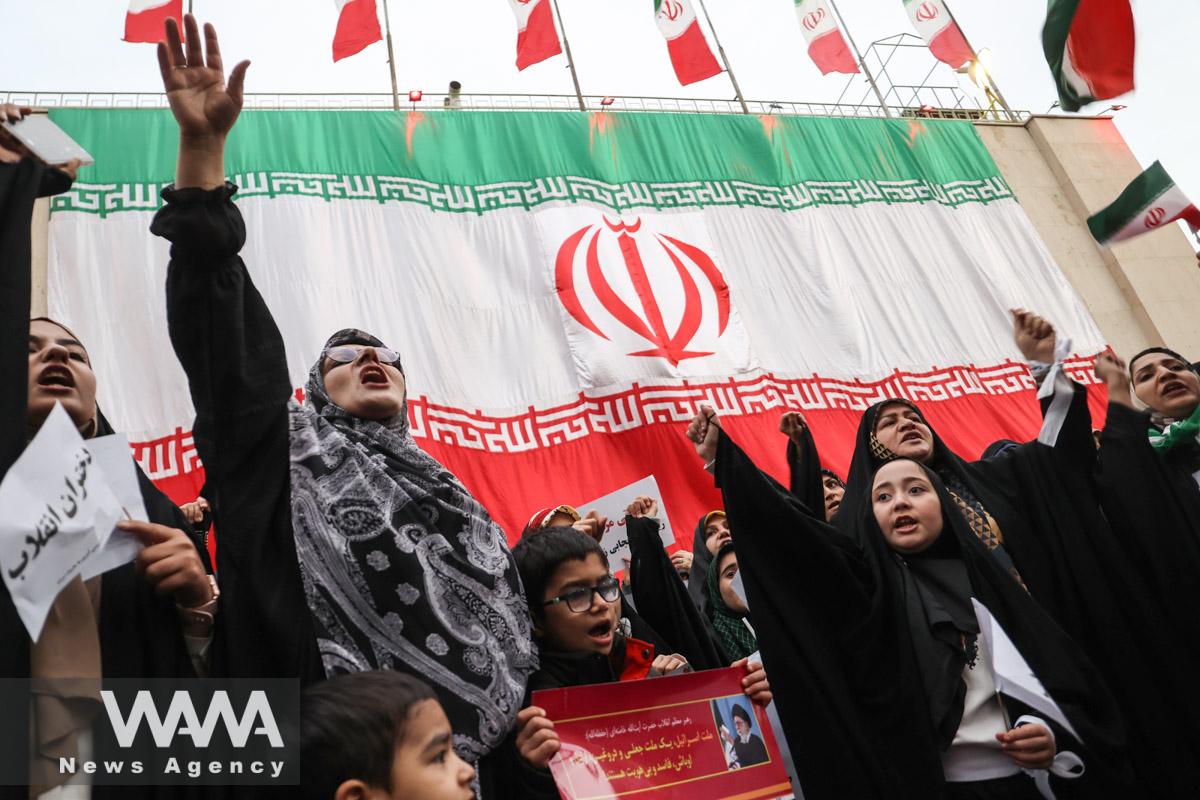Why Iran’s Hijab law is the center of Controversy
WANA (Apr 5) – Iran is facing another wave of attacks on its hijab laws from western media and social networks. This comes after a viral video appeared to show a man throwing yoghurt at two uncovered women in a shop near the northeastern city of Mashhad.
Authorities issued an arrest warrant against the man “on charges of committing an insulting act and disturbance of order”, the judiciary’s website reported.
After the incident, Iranian president, Ebrahim Raeisi said that hijab in the country is a “legal matter”.
In live remarks on state television, Raeisi said: “If some people say they don’t believe [in the hijab] … it’s good to use persuasion … But the important point is that there is a legal requirement … and the hijab is today a legal matter.”
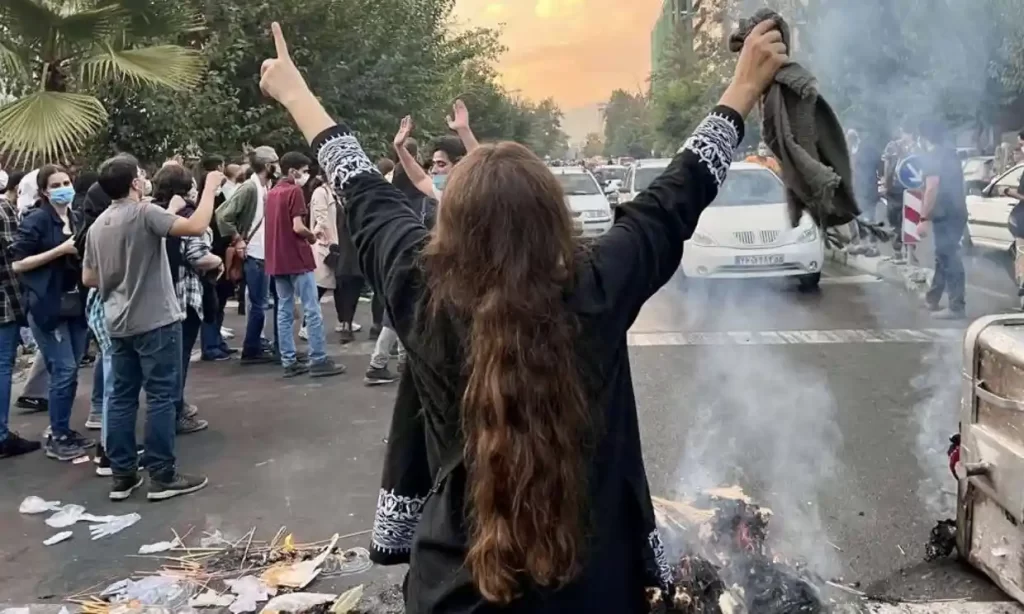
A picture of a girl who takes off a scarf as a sign of protest against the mandatory hijab. Social Media / WANA News Agency
After the Islamic revolution in 1979, hijab has been part of the laws obliging women to cover their hair. This derives from Islamic rulings which shape nearly all laws in Iran.
This specific law however, has always been the center of attention by the Iranian opposition and western countries that have been against the Islamic republic since its formation.
Today with the widespread access to media and hundreds of news outlets following the same incentive against the Islamic republic, it has become much easier to blast this part of the Iranian identity.
Violent protests across Iran erupted in September 2022 following the death of a 22-year-old Iranian woman named Mahsa Amini in a hospital in Tehran, three days after she fainted at a police station in the Iranian capital.
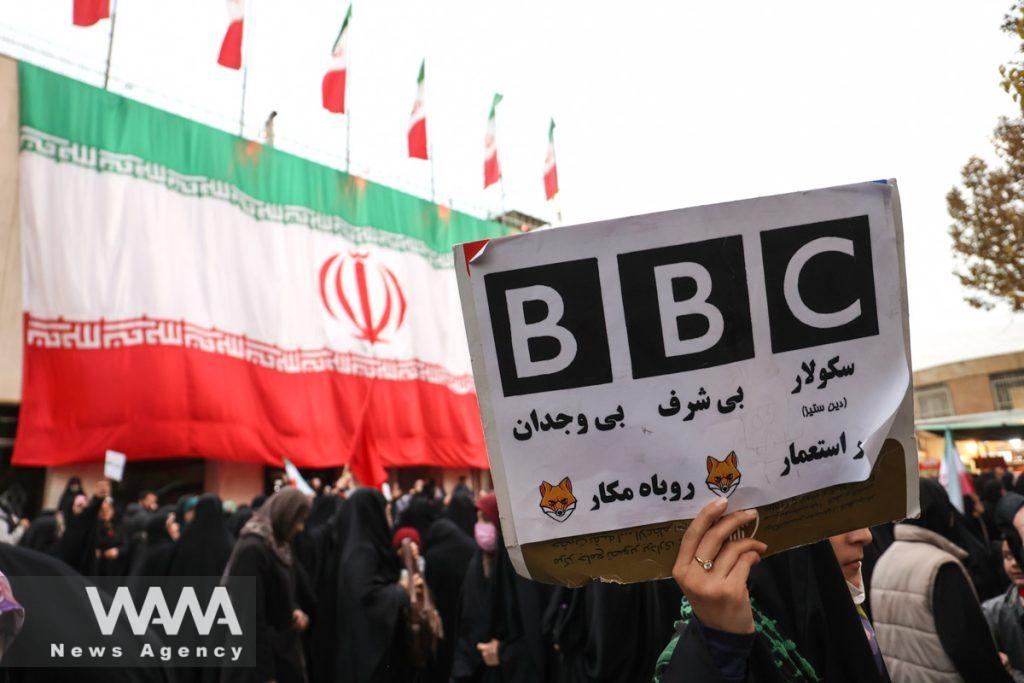
Iranian women attend in Pro-Islamic Hijab gathering in Tehran, Iran December 1, 2022. Majid Asgaripour/WANA (West Asia News Agency)
These protests were mainly fueled by media outlets, especially social media networks. Iran’s intelligence community has said several countries, including the United States and the UK, have used their spy and propaganda instruments to provoke violence in the country.
Traces of unrest still remain in the country, with some women refusing to wear the hijab while the government mostly turns a blind eye to these acts of defiance.
Following all this international pressure however, the Islamic republic has made it clear that it will not back down on the values incorporated in its origins.
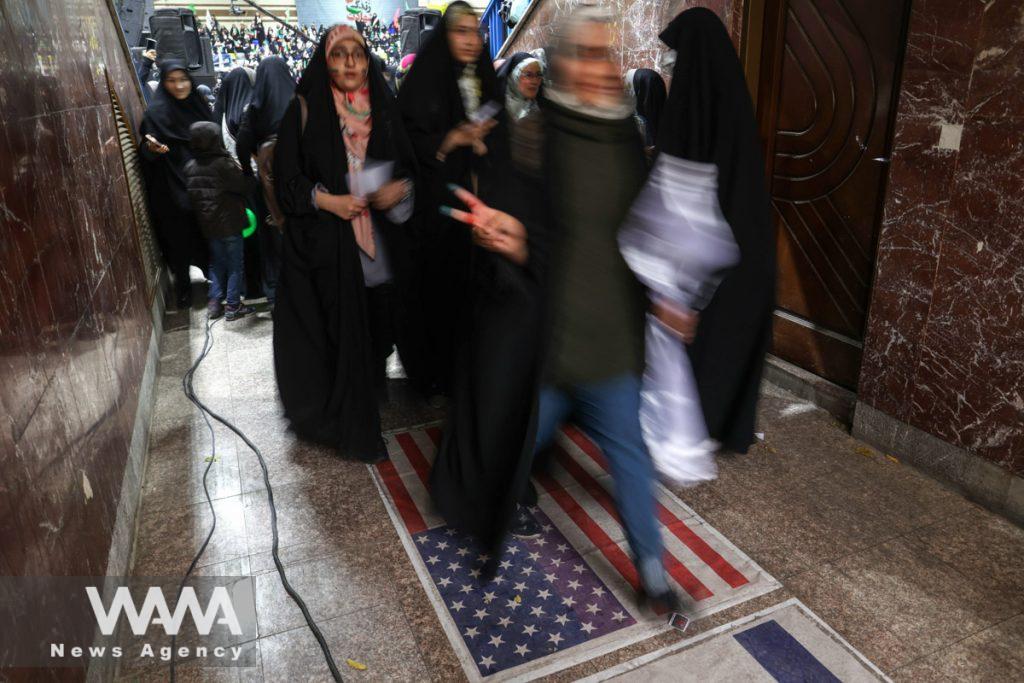
Iranian women attend in Pro-Islamic Hijab gathering in Tehran, Iran December 1, 2022. Majid Asgaripour/WANA (West Asia News Agency)
On Thursday, Iran’s interior ministry said the country will not withdraw from the Islamic rule of hijab, pointing to enemies’ “failed plots” to use hijab to separate the nation from the government.
The statement added the issue of hijab has been one of the fronts of enemy’s “cognitive warfare” against the Iranian nation, however, its failed plots in the past several years could not “drain the will” of Iranian women and girls for maintaining their Muslim identity.
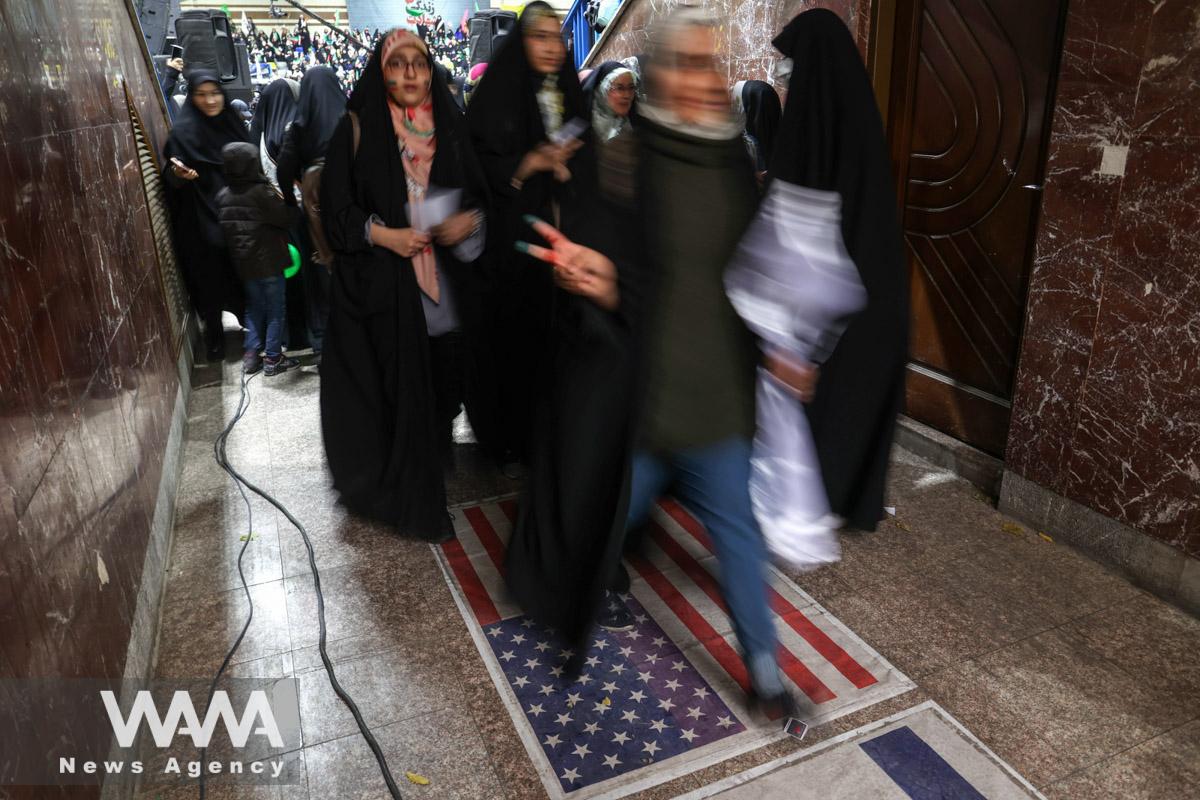
Islamic hijab in an aura of ambiguity
WANA (Nov 30) – The type of women’s clothing in Iran has changed since the death of Mahsa Amini and the protests that followed. These days, in the streets of Iran’s big cities, women’s dressing is not the same as before, and we see some of them in public places clothing like westerners. Walking in […]
During the Pahlavi era and before the Islamic republic was even created, this deep-rooted part of Iranian culture came under attack by the order of the then western power: Great Britain. In 1936, Reza Pahlavi banned hijab in the country, violently pulling off veils off women’s heads in order to destroy the religious identity of the nation.
The same efforts for cultural-colonization are being taken by the so-called western powers today, but of course not by pulling off women’s hijab in the middle of the street! This is exactly what media was made for, and it has been successful to an extent. Seeing the effects on distorting cultures and people’s behaviors, it has become the main apparatus to create division among nations.
During these challenges, a part of the society separates from another throughout the years, usually resulting in national hatred. Widening gaps among the citizens and social strife are other outcomes of these occurrences.
‘Divide and Rule’, the infamous western strategy. A more clarifying version would be: ‘Divide your enemy’s society and in this way, by making him preoccupied with himself, disintegrated, and distracted, Rule over him.’ As is well known, this is a colonial policy to mortify a society in order to exploit its valuable belongings. And what is society without its cultural heritage and identity?
5, 2023

